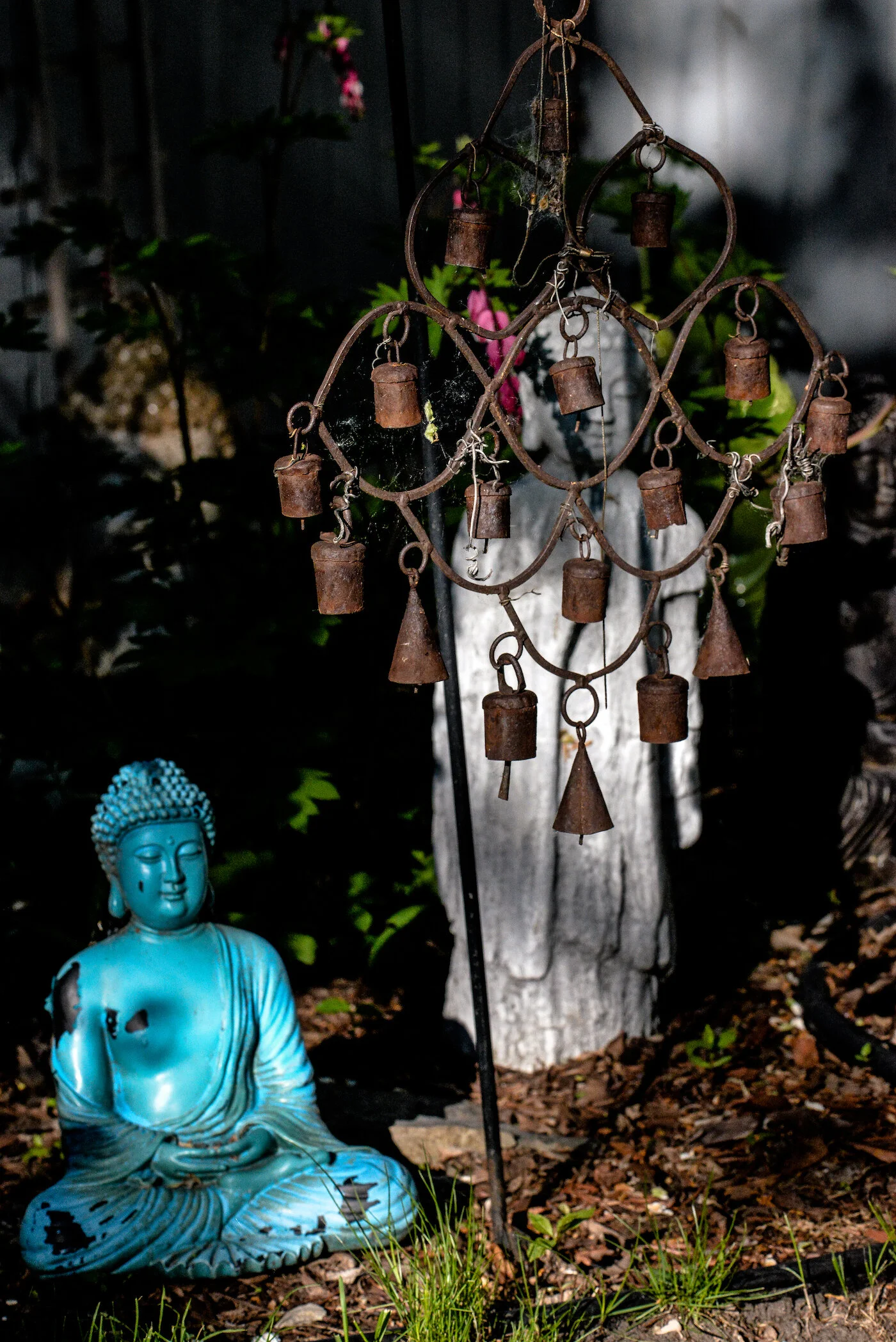Try to Say Something; Also: Shut-Up
I’m still putting beauty on hold this week. Yes, there are some photos that might be verging on beautiful, on calming. But these are not calm times. And a single human life will always be worth more than any beautiful thing. Violence against any human being is not tolerable.
If you’re white, try to say something, somewhere. Say hell no, say black lives matter, say BIPOC lives matter. (Please don’t freaking say all lives matter). Say, I’m listening, I’m reading, I’m learning. Say I’m growing, and say, I’m changing. Say, I’m grappling, I’m trying, I’m getting it now. Maybe you’ll get it wrong, but maybe you’ll keep trying, and next time you’ll get it right. Don’t stop trying. Cornell West recently quoted Samuel Beckett who said, “Try again, fail again, fail better.”
Say something, but make space for BIPOC voices.
Maybe you’re feeling helpless. I can tell you that making a small donation will make you feel better. Learning new things will make you feel better. Read. Do anything, say something. If every single person did a small thing meaningful to them and their community, said something in person or online, I think we’d go some distance to quelling that vocal dumbass minority. Do the work, and don’t ask BIPOC to do it for you. Use the google, use the bird app. Call out the unconscionable, the dumbassery, when possible. If we screw up, let’s learn from that and do better. (Kerry Clare does a nice job of talking about the black square thing on Ig here). It’s quite possible that I have already said six stupid things here. But let’s keep working on saying things in solidarity and with love and sometimes with rage and deep anger.
So yes, say something, but also: Pause. Know when to listen. Leave space for the voices that need to be heard. Promote those voices. I know you know this. I’m saying it as a reminder to myself. Don’t whitesplain, don’t roll out your racial resume, as Menakem says, below.
Of the many great voices that I listened to yesterday, this conversation “Notice the Rage; Notice the Silence” with Krista Tippett and Resmaa Menakem on On Being really made me think and get introspective. I urge you to read / listen to the entire thing here, but here is an excerpt:
Tippett: It’s amazing. If I ask you, through this life you’ve led and this knowledge you’ve taken in and that you teach people, how would you start to answer the question about how your sense of what it means to be human — how that is evolving, how you’d start to think that through right now?
Menakem:I think what it means to be human is to realize that we’re ever-emerging and that that — that we are not machines. We are not flesh machines; we are not robots; we come from and are part of Creation, and that that cannot just be something we talk about when we go to a yoga retreat; that it has to be a lived, emergent ethos and that — one of my ancestors, Dr. King, talked about how, when people who love peace have to organize as well as people who love war. And for me, what that means is that it’s about work. It’s about action. It’s about doing. It’s about pausing. It’s about allowing — the reason why we want to heal the trauma of racialization is that it thwarts the emergence. So let’s not do that. Let’s condition and create cultures that will allow that emergence to reign supreme so that the intrinsic value can supersede the structural value.
Tippett: One of the things you — this was one of the five anchors for moving through clean pain — the first one, Anchor one, was: Shut up.
Menakem: Shut up. Pause. Just shut up.
Tippett: And that’s just about learning to check our impulses.
Menakem:That’s it — all of your intelligence, all of the smart things you’ve done — this is one of the things that happens with me when I come off the stage and I’m doing, like, a book signing. One of the first things that happens is that white people will invariably come up to me and start rolling out their racial resume: “Well, you know, I marched with such-and-such. And you know, I did this, and you know, I did that.” How would I know that? How does that matter to people of color in your community? Show me how, operationally, not because you’re rolling out your racial resume. And so that’s where the shutting up comes into play. Just stop. And notice what’s fueling that need to roll out that resume. Where does it land? Where is it coming from? Just work with that, first. And then, when it becomes too much, back out of it, leave it alone, and then come back to it again later.
It sounds tricky, all of this. Of course it is. Don’t be silent. Shut-up. Check your impulses. But honestly, if you sit with it, and really work on it, and practice practice practice, as Menakem advises, you can do this. We can do this. Try again, fail again, fail better, as Beckett said.







